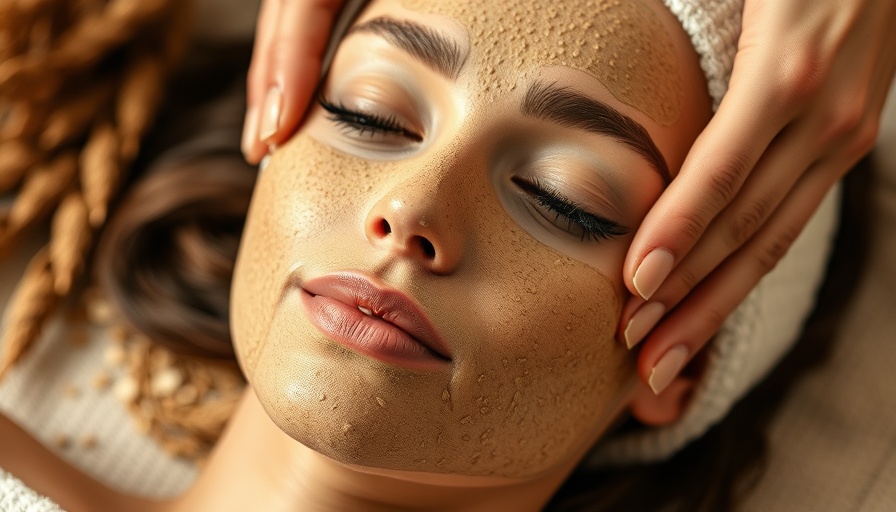
Understanding Palmar Hyperhidrosis: A Common Yet Overlooked Condition
Many individuals experience excessive sweating in various areas of their bodies, but one of the most prevalent yet frequently misunderstood forms is palmar hyperhidrosis, commonly known as sweaty hands. This condition affects day-to-day life, making everyday tasks like shaking hands, typing, or holding objects uncomfortable, if not embarrassing. Before diving into treatment options, it’s crucial to understand what causes this condition and how it can impact personal and social interactions.
Identifying the Triggers: Why Sweaty Hands?
Palmar hyperhidrosis occurs when the sweat glands in the palms overreact to external stimuli, such as heat or stress. This reaction is often more pronounced than in other areas of the body. While anyone can experience sweaty hands, this condition can particularly affect teenagers and young adults as they navigate social interactions. Understanding triggers, such as anxiety or particular weather conditions, can be the first step toward effective management.
Effective Treatment Options for Sweaty Hands
Fortunately, there are several treatment options available for those who suffer from palmar hyperhidrosis. The first step is to consult with a healthcare professional to determine the most suitable course of action based on individual needs. Treatments can range from lifestyle adjustments to medical interventions:
- Antiperspirants: Over-the-counter or prescription-strength antiperspirants can often provide relief. These products contain aluminum chloride, which helps block the sweat glands.
- Oral Medications: Anticholinergic drugs can decrease sweating by blocking nerve signals to the sweat glands, but they may come with side effects like dry mouth.
- Iontophoresis: This therapy involves using an electrical current to reduce sweating. It requires several sessions but has shown promising results for many.
- Botox Injections: Botox isn't just for cosmetic enhancements; it can also temporarily block the nerves that cause sweating, providing relief for several months.
- Surgery: For severe cases, a surgical option called sympathectomy may be considered. This procedure disrupts the nerve signals responsible for sweating, but due to the risks involved, it should be seen as a last resort.
A Holistic Approach: Lifestyle Adjustments
Treating sweaty hands also involves making conscious lifestyle choices. Wearing breathable fabrics, choosing moisture-wicking materials, and managing stress through mindfulness practices such as yoga or meditation can provide additional relief. Moreover, maintaining a healthy diet and staying hydrated can positively influence overall body temperature regulation.
Real-Life Anecdotes: The Human Side of Hyperhidrosis
Stories from individuals living with palmar hyperhidrosis provide deeper insights beyond medical facts. One young woman shared how she avoided physical activities due to the fear of sweaty palms making her uncomfortable and self-conscious. With the right treatment and support, she now actively participates in sports, highlighting the importance of addressing this issue. Many find that sharing their experiences fosters community and understanding, reminding them they are not alone in their struggle.
Looking Ahead: Future Solutions for Sweaty Hands
As medical technology evolves, new treatments continue to emerge that can further benefit those suffering from palmar hyperhidrosis. Research is ongoing into innovative therapies that utilize advanced solutions, which may offer hope for even greater effectiveness and fewer side effects in the future. Being informed about the latest developments can empower individuals to seek the most appropriate treatments.
FAQs About Sweaty Hands and Hyperhidrosis
Addressing common concerns can help demystify the condition and its treatments:
- Is palmar hyperhidrosis curable? While there might not be a definitive cure, numerous management options can significantly reduce symptoms.
- Will it worsen with age? For some, hyperhidrosis may persist, or even worsen, throughout life. Early intervention is often key.
- Can diet affect sweating? Certain foods and beverages, such as caffeine and spicy foods, can exacerbate sweating. Monitoring one’s diet can be an important factor in management.
Take Charge of Your Well-Being
If you or someone you know suffers from sweaty hands, don't hesitate to seek help and explore treatment options. There are paths to improvement, and understanding the condition is the first step towards regaining control and confidence in social and professional interactions. Connect with a healthcare provider to discuss the most suitable strategies for your unique situation and move toward a more comfortable lifestyle.
 Add Row
Add Row  Add
Add 




Write A Comment